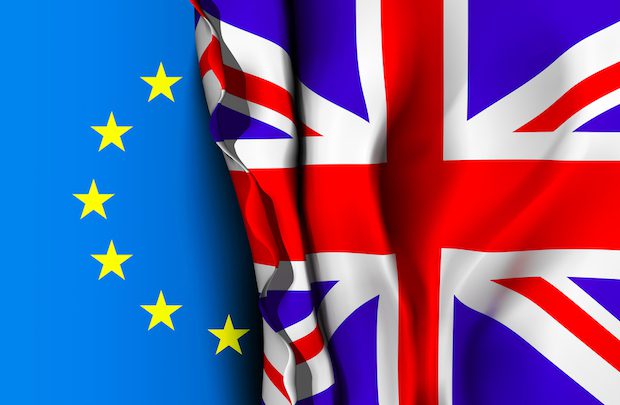‘Brexit’ Begins

Britain has officially started the process of negotiating its exit from the EU:
The U.K. on Wednesday formally began the process of exiting from the European Union, starting on an unprecedented path to reshape its relationship with its closest allies in some of the most complex negotiations the country has ever undertaken.
Nine months after Britain voted to leave the EU, Tim Barrow, Britain’s ambassador to the bloc, hand delivered a letter to European Council President Donald Tusk formally notifying the bloc that the U.K. will be the first country ever to leave. U.K. government officials say there is no going back from there.
We won’t fully know how Britain’s departure will affect the EU and the U.K. until the negotiations are concluded, but it seems likely that there will be some economic disruption in the short term and there will necessarily be renewed interest in the question of Scottish independence. Earlier this week, Scotland’s parliament voted in favor of a second independence referendum to be held within two years, and that authorizes Scotland’s First Minister to seek permission from the U.K. government to hold another vote. May doesn’t want to agree to that yet, but now that the process of leaving the EU has begun another vote on independence can only be postponed and not avoided all together.
As much as the EU referendum result surprised most observers, British membership in the EU was not likely to last as long as the EU was seeking “ever closer union,” which was something that most people in the U.K. (and in some other member states) don’t support. Given the increasingly divergent political preferences of people in Scotland and the rest of the U.K., it seems that the Union may not be around for much longer, either. It will be much harder for unionists to argue against independence after so many of them used the same arguments about identity and self-government during the Leave campaign. The success of Leave has not only given the nationalists another chance soon after the last referendum, but it has also shown that voters are willing to make a major and potentially costly change if they think it will give them more control over their own affairs.
Comments